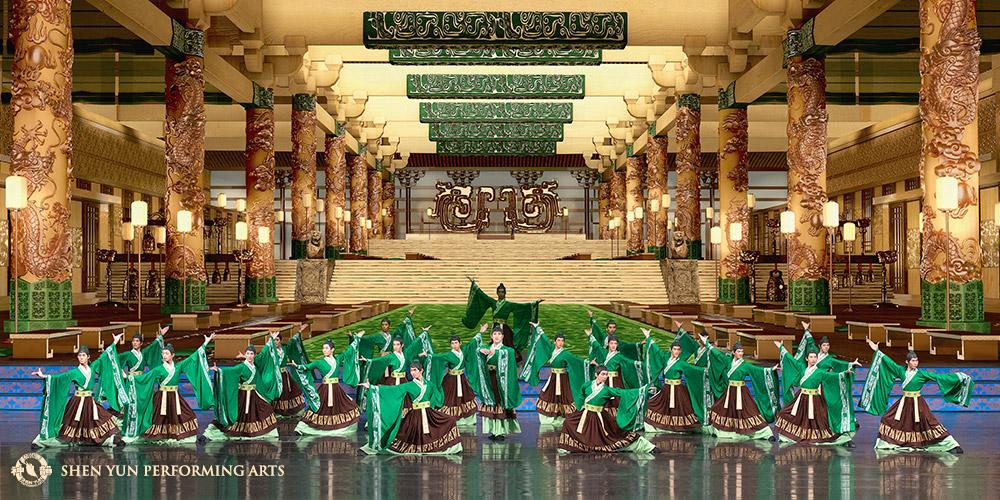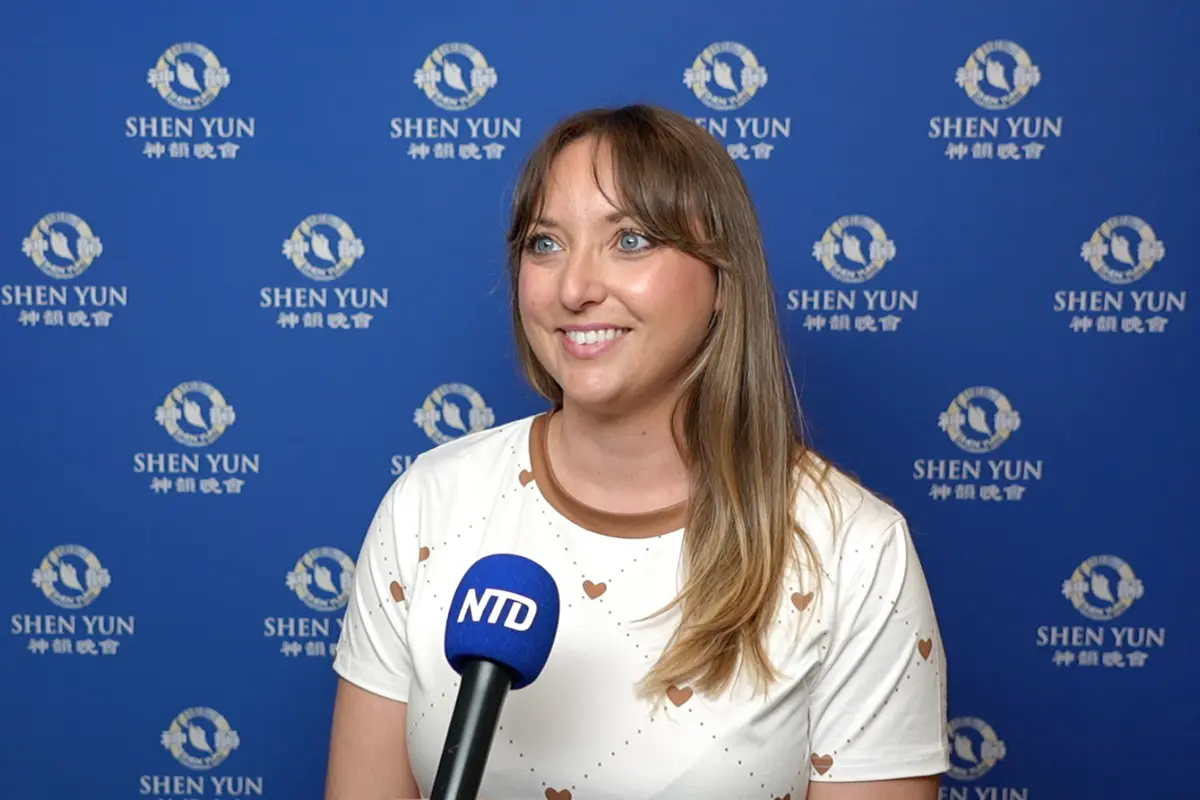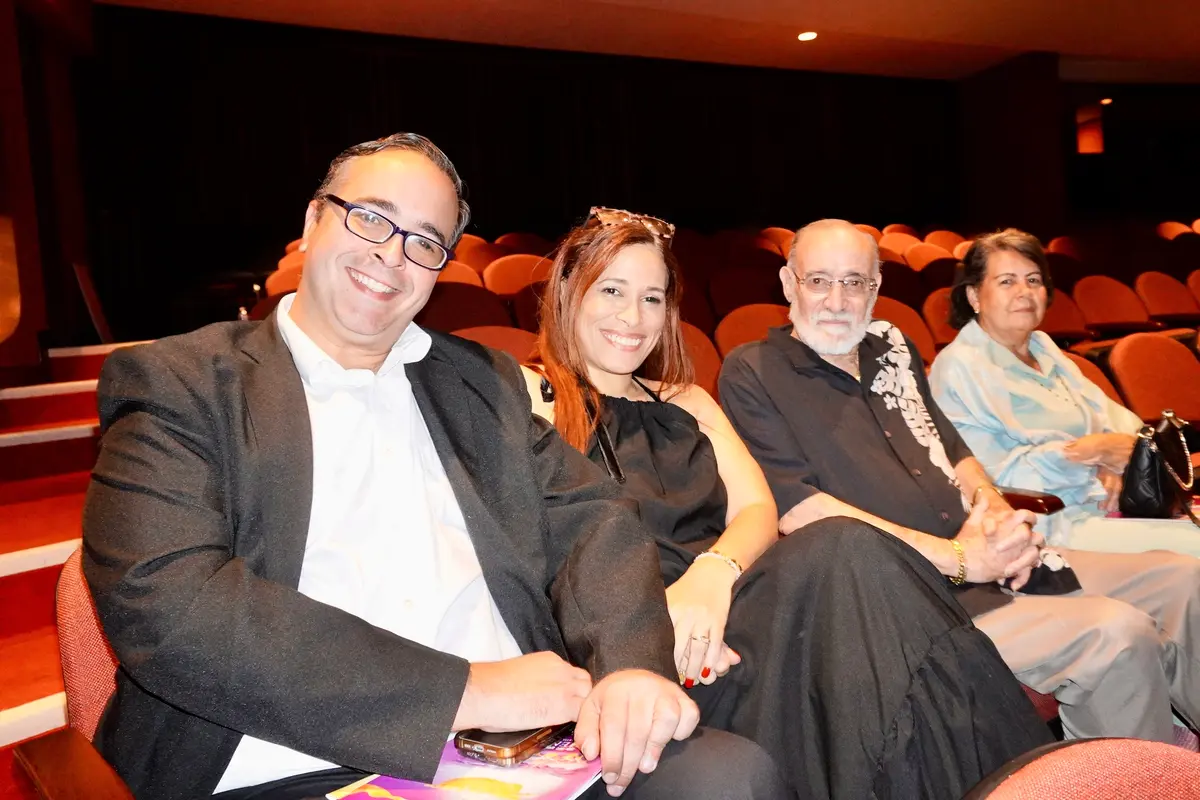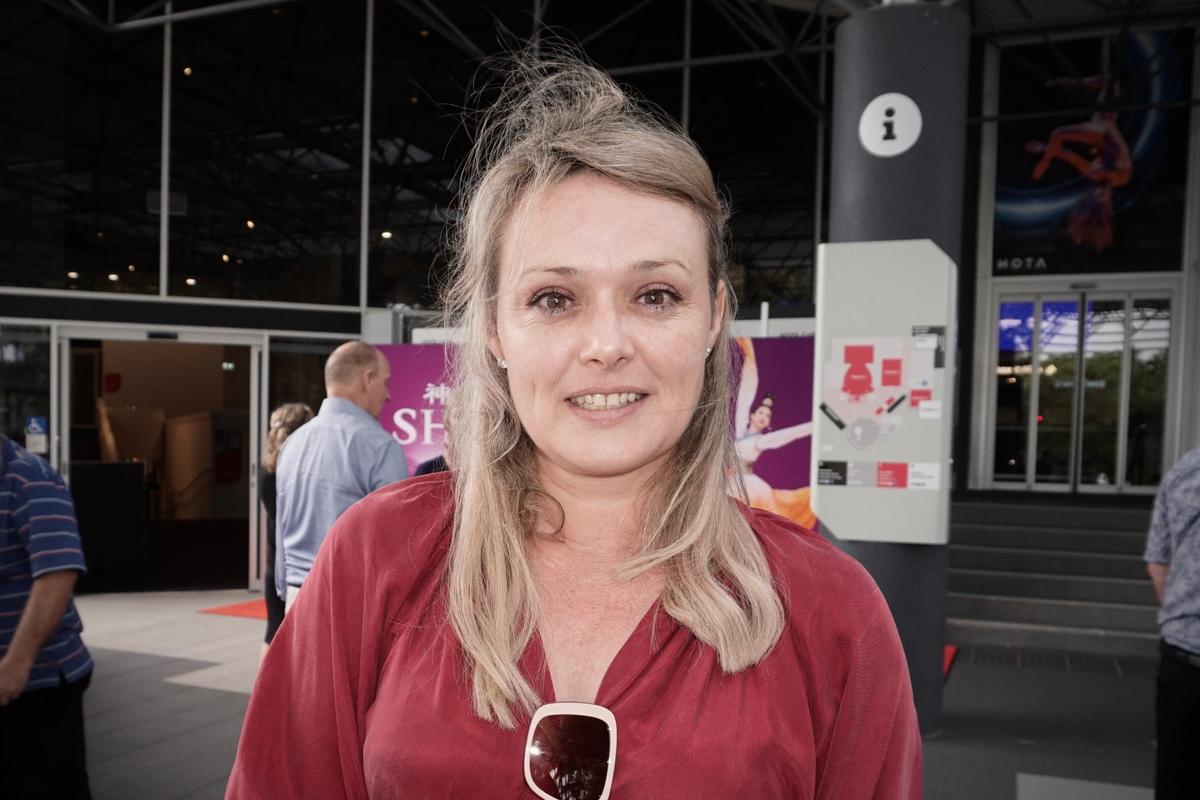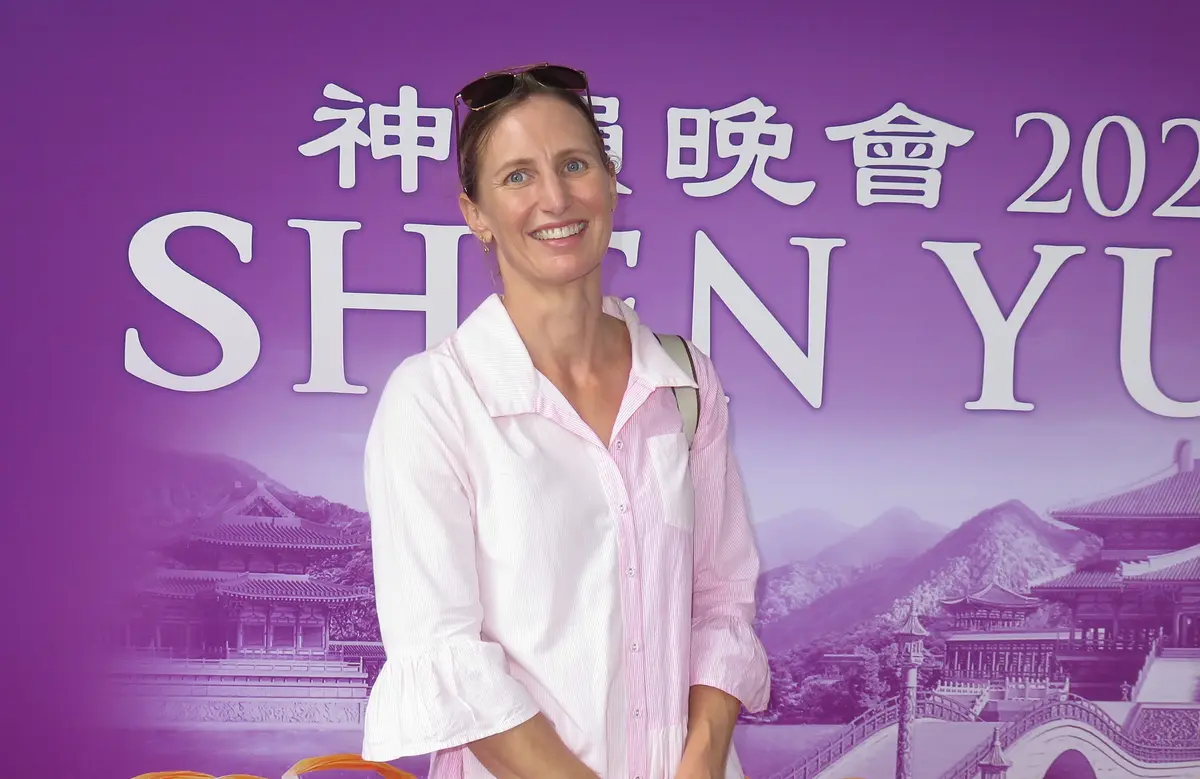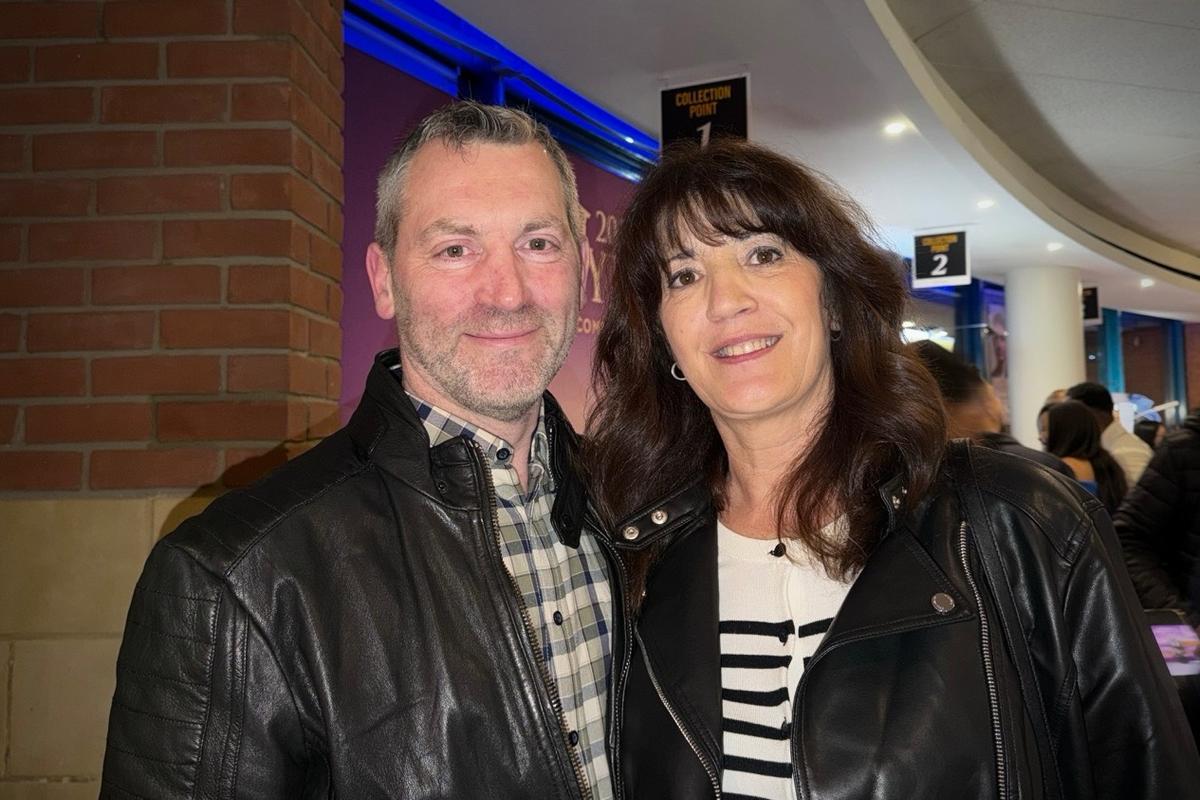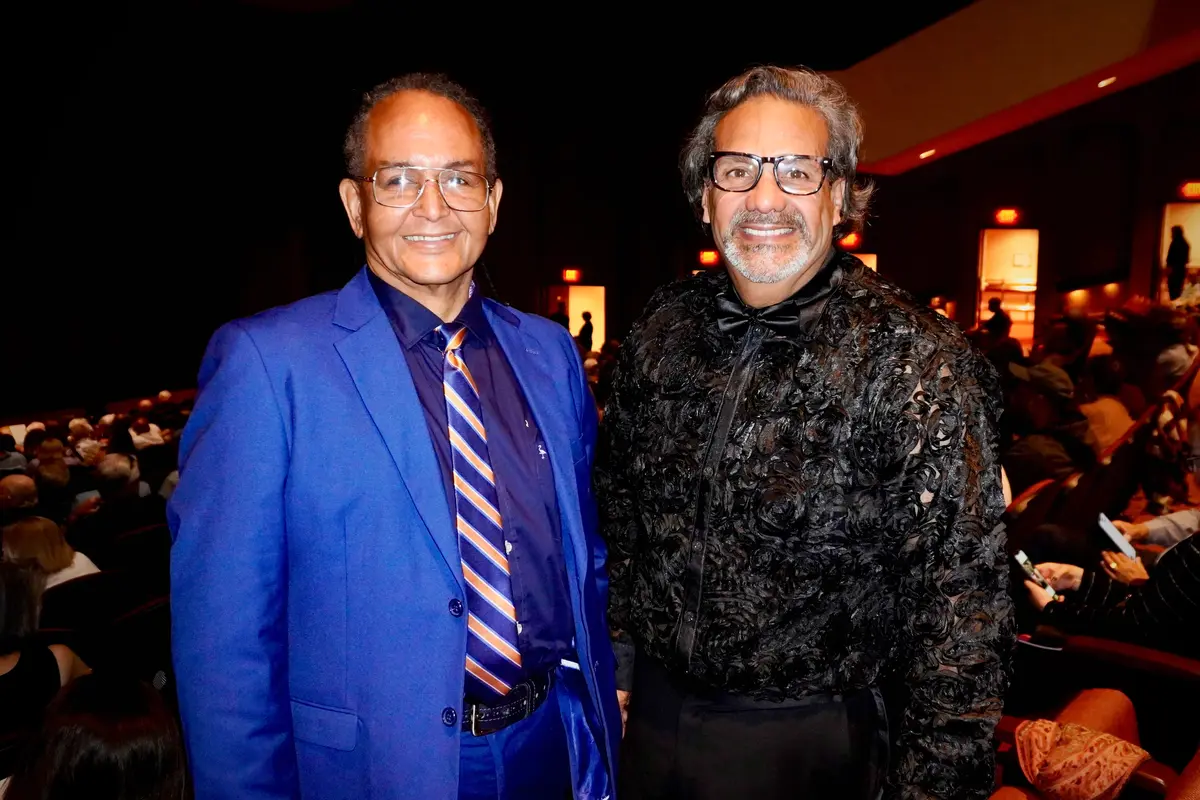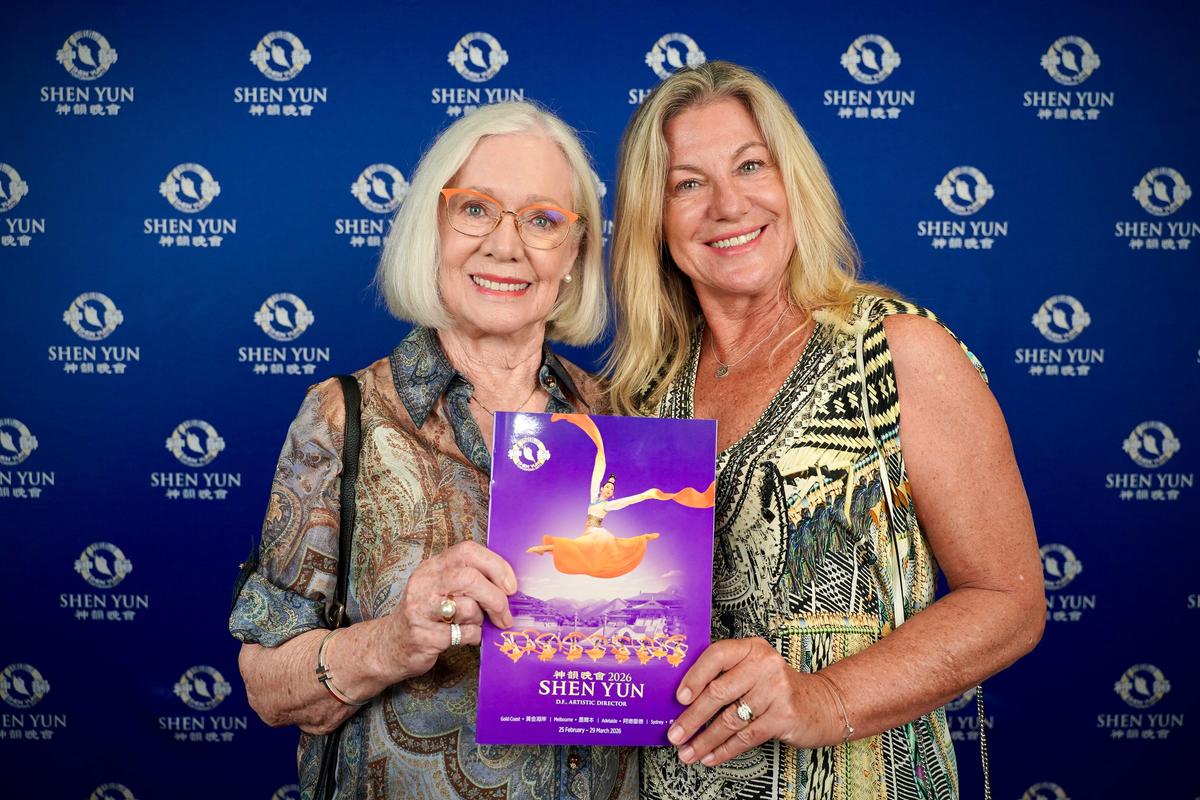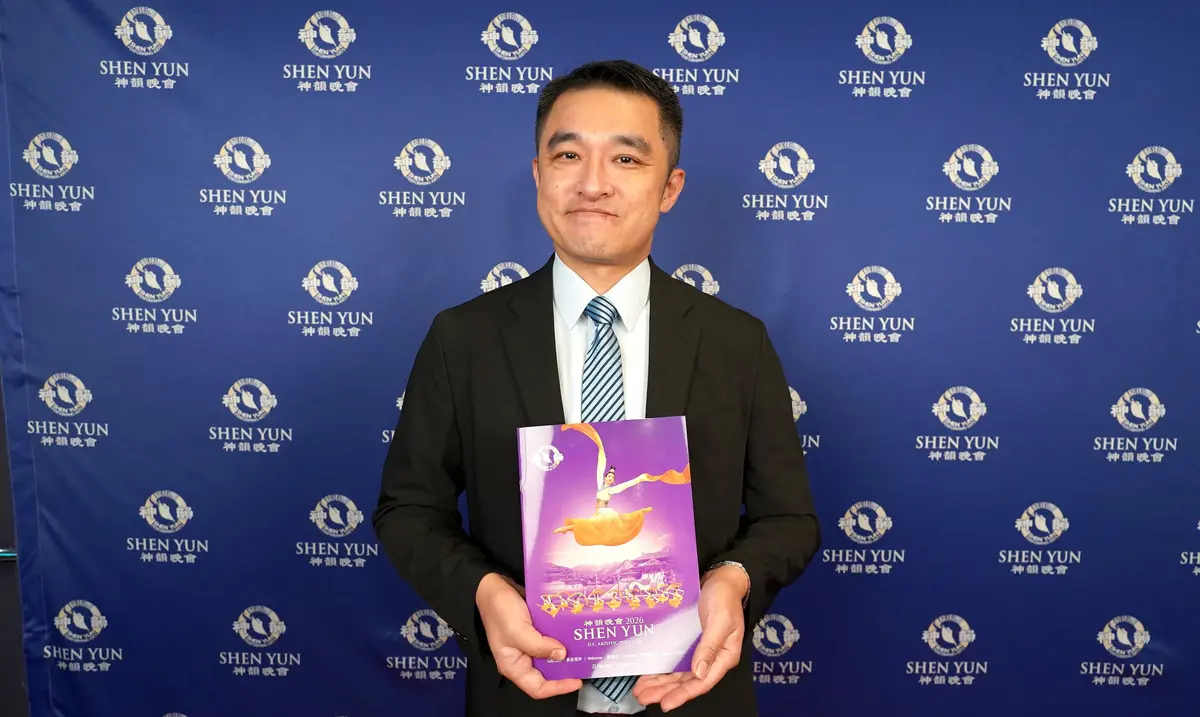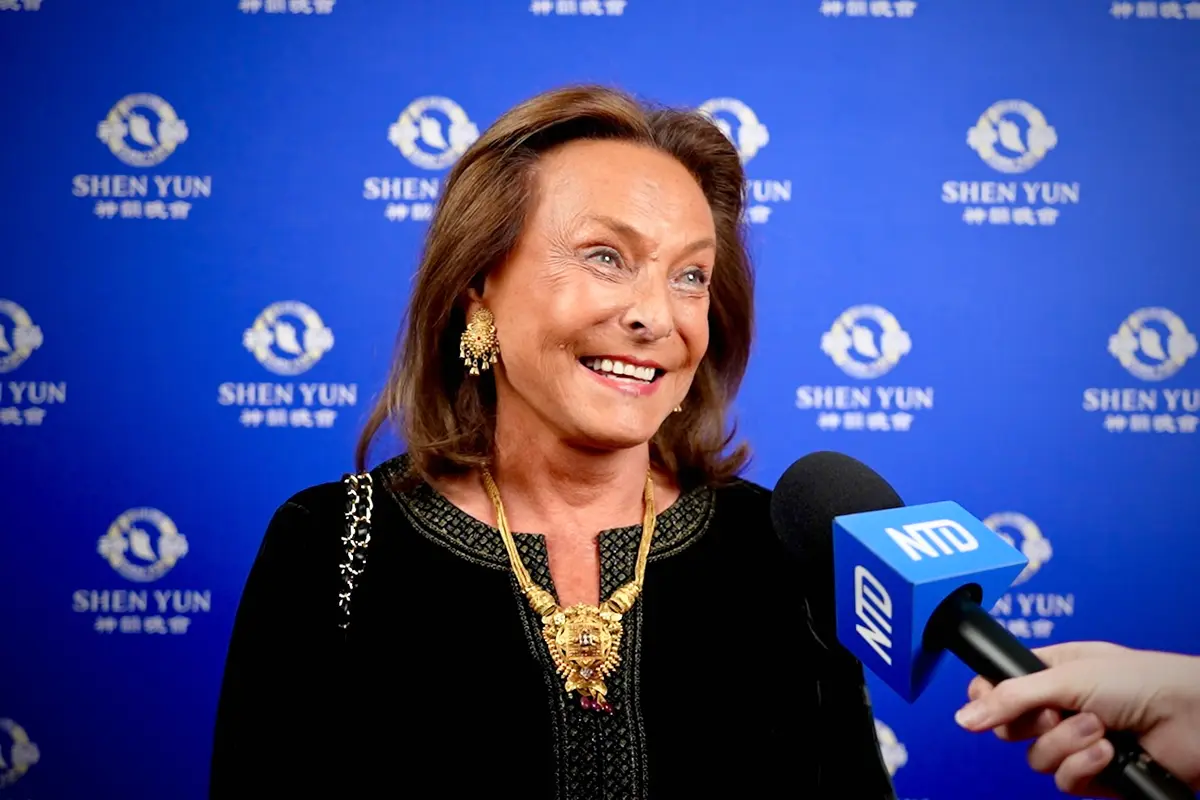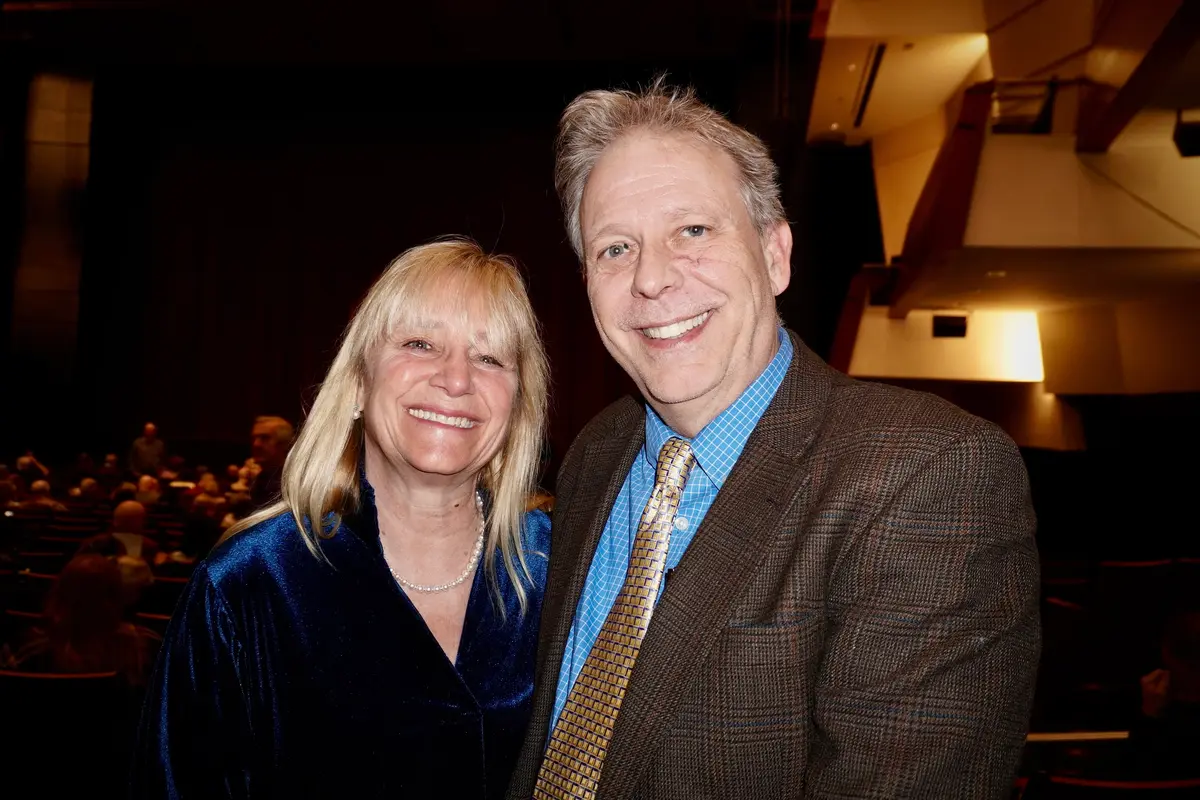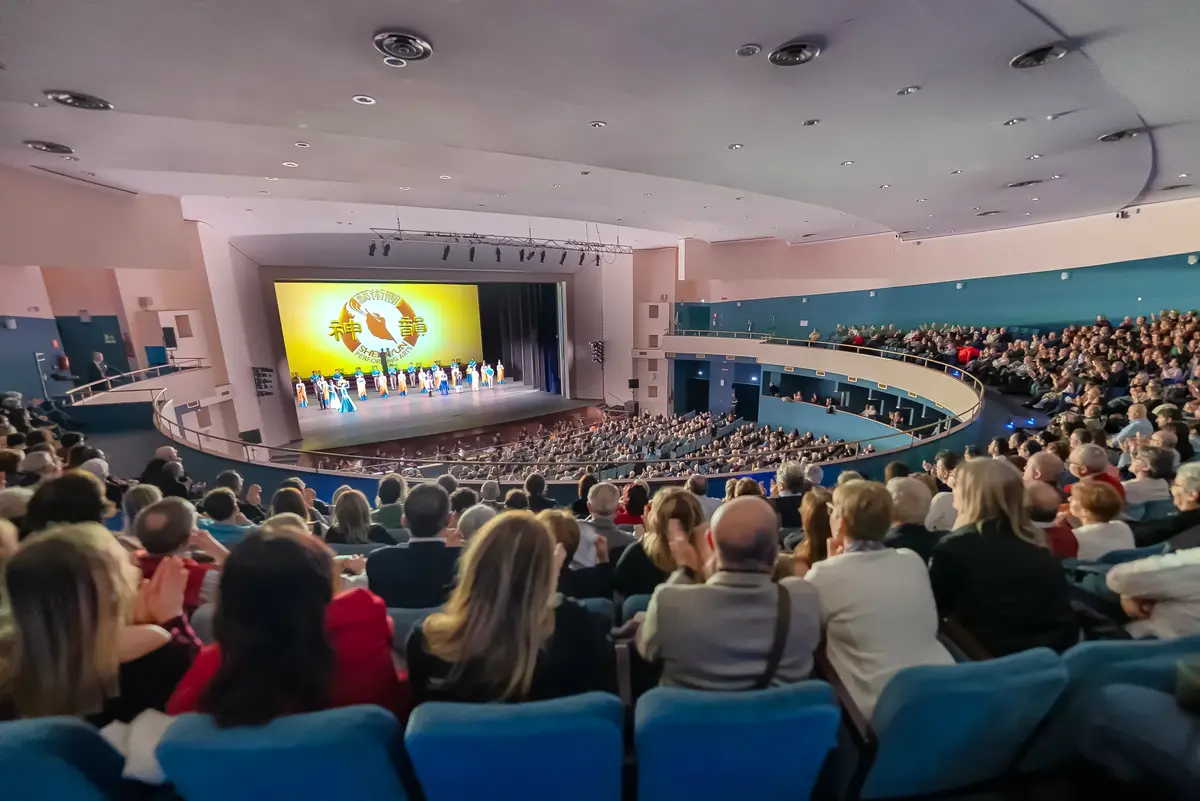“Absolutely, this is blacklisted. This is the biggest threat to the Chinese Communist Party,” said Jared Madsen, one of Shen Yun’s emcees. “If people believe there’s something beyond the Chinese Communist Party, they believe there’s something higher ... that’s a major threat to the Chinese Communist Party.”
“Fundamentally, the Chinese Communist Party is an atheist regime. Shen Yun reflects 5,000 years of Chinese culture, and Chinese culture is rooted in divine thought—all different types of divine thought: Taoism, Buddhism, and Confucianism—that goes directly against the atheist principles of communism,” Madsen said.
The CCP is afraid because Shen Yun shows China before communism.
What Is Traditional Culture?
One of the methods the CCP has used in trying to discredit Shen Yun is to create its own performing arts troupes, sending them all around the world.“When they do talk about traditional Chinese culture, they use it to try to promote communism. I mean here, we see right through it, like ’this is propaganda, and nobody wants to watch this,'” Madsen said.
It’s worth understanding that all major organizations in China are state-run. Huang Peng, a violinist and vocalist with Shen Yun, explained how being an artist in China and in America has been like night and day.
CCP Campaign Against Falun Gong
But then in 1999, the CCP began a persecutory campaign against Falun Gong, with official orders to ruin the livelihoods and reputations of those who would not give it up. Peng was one of an estimated 100 million people in China who followed this spiritual practice that teaches truthfulness, compassion, and tolerance. He was also one of several million who would not give up his faith, and he tried to tell his colleagues and those around him about the truth of Falun Gong: that it is good, teaches people to be kind, and that the CCP was circulating blatantly false and slanderous information about the practice.Huang was telling his fellow musicians about Falun Gong one day when a supervisor reported him to the police, who then ransacked his home and detained him for 24 hours where they kept him awake. Meanwhile, they also illegally arrested his mother for no reason other than to coerce him into writing and signing a testimony not only stating he would give up his faith, but denigrating it as well.
Huang refused, and he was fired.
His first thought was to seek work in another city, with a fresh start, but at the airport he learned that he had been blacklisted and was once again detained. Except for this time, Huang was put in a “transformation class,” shorthand for brainwashing, and he didn’t see the outside world for the next two months.
He spent the next few years constantly on the run. Not letting his regret weigh him down, he taught himself how to make and produce fliers that had information about the truth of Falun Gong, and taught others how to do the same, putting himself at risk for another illegal arrest. Huang had to give up his art, and it devastated him and his father both, but his faith was more important.
But why Shen Yun?
“Shen Yun’s mission is to revive China’s 5,000 years of traditional culture,” he said. “It is a divinely inspired culture and a divine message. And it is a message of kindness, which can move people’s hearts.”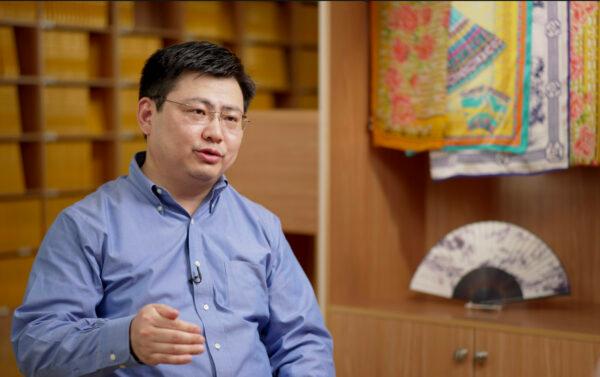
The Truth Wins Out
Shen Yun was formed by a group of artists—some who left China, some who came by way of other parts of the world—who came together in New York in order to do what they couldn’t in their home country.And despite the CCP’s long arm of influence, despite its making use of the entire state apparatus to discredit the company, Shen Yun has become a worldwide phenomenon.
“I remember there was one night, I believe in 2009, when we had three companies, and I got a phone call,” Madsen said. “All three shows were sold out. That was the point. From that moment forward, we usually sold out every show.”
Today, Shen Yun has seven companies that simultaneously tour the world, giving hundreds of performances in over 100 cities globally. It’s the only performing arts group of its kind, dedicated not just to preserving but also to reviving traditional Chinese culture. Audience members often express intrigue, piqued by the many rave reviews, and want to see what the “world’s premier classical Chinese dance company” looks like in action.
Audiences leave having all expectations filled and more, because Shen Yun is unique among performing arts companies as well, choreographing over a dozen new dances every season with a full-scale production that rivals top opera houses’ most lavish pieces.
“The production value is incredibly high,” Madsen said. “That alone, this is a show you can really get immersed in.”
“There’s this constant human pursuit of something greater, something bigger, something better—not just that, something deeper, something higher. All of that. It all comes together,” he said. “And our show really brings that out and brings that to life.”
“It really goes beyond a cultural show. It’s these deep values and deep principles,” he said.

